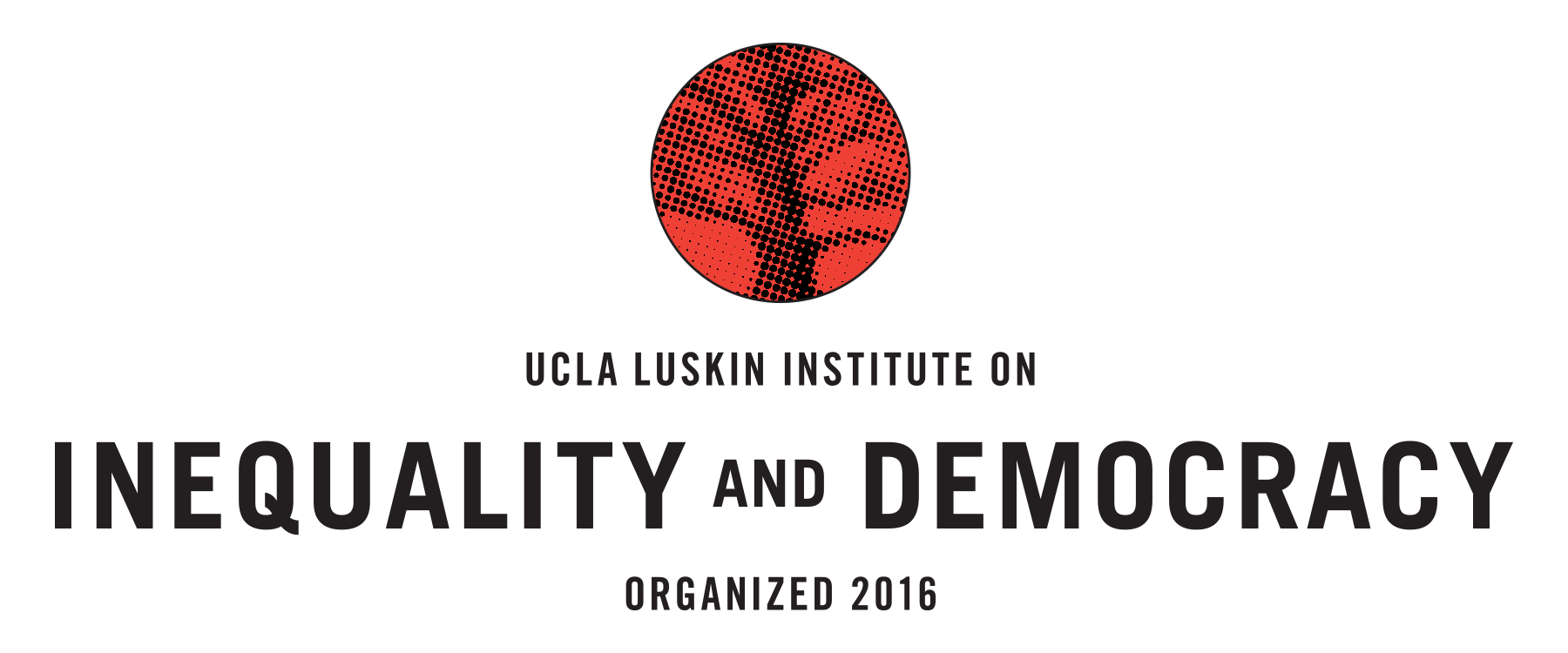Income Inequality and Income Mobility for American Indians, Alaska Natives, Native Hawaiians and Pacific Islanders
Paris
Caroline Ford, History. The Paris Housing Crisis and the Campaign for Affordable Housing, 1894-1940.
This project explores the origins of the concept of both private and state-sponsored affordable housing in the late nineteenth-century, which was shaped by the Haussmannization’s failure to address the need for housing for the poor. It will examine early legislation passed in 1894 to address these issues and trace the impact of the war, which prompted the government to allow a moratorium on the payment of all rents in 1914 and rent control provisions after 1918. These initiatives resulted in a lack of private investment in housing, largely as a result of the abolition of rents during the First World War, which prompted the huge public outlays for rebuilding and the Loucheur Law itself in the 1920s and 1930s. Professor Ford will also explore the aesthetic and architectural dimensions to the vast rebuilding scheme and its sensitivity to hygienic and environmental considerations, from the introduction of the idea of “city-gardens,” pagodas, terraces, and bow windows, to maximize exposure to sunlight and to encourage the circulation of fresh air, before examining the consequences of the initiative for the environment and for the city’s landscape on the eve of the Second World War. The project will examine individual architectural designs by Rey, Sauvage, Provensal and others for collective social housing projects and the debates among architects themselves about the importance of sunlight, air circulation, ornamentation, public services, as well as about the goals of architecture itself.
All in effort that this case study will contribute to a broader understanding of urban housing crises historically and worldwide. Professor Ford hopes that the project’s interdisciplinary scope will interest historians of architecture, art, urban design, technology, and the environment more generally as well as sociologists and policy makers, who confront the issue of affordable and environmentally sustainable social housing every day. As this case and recent debates about the housing crisis in Paris, New York and other cities suggest, the problem of housing shortages and what some have called the “eternal housing crisis” merits serious historical inquiry in order to illuminate how it has been handled in different parts of the globe at different moments in time in order to consider the ways in which a knowledge of the past can shape debates and policy decisions in the present.




